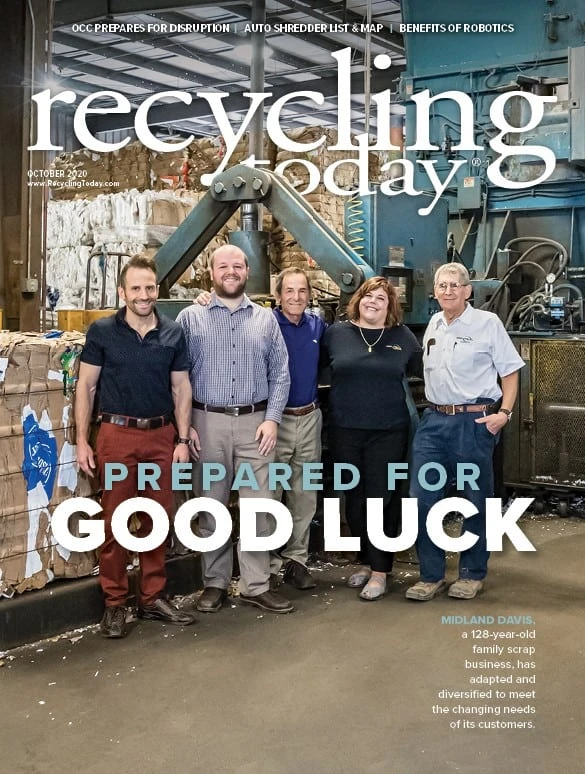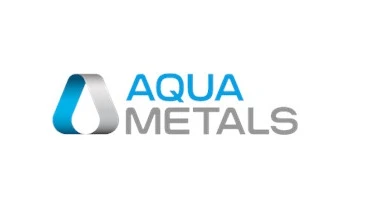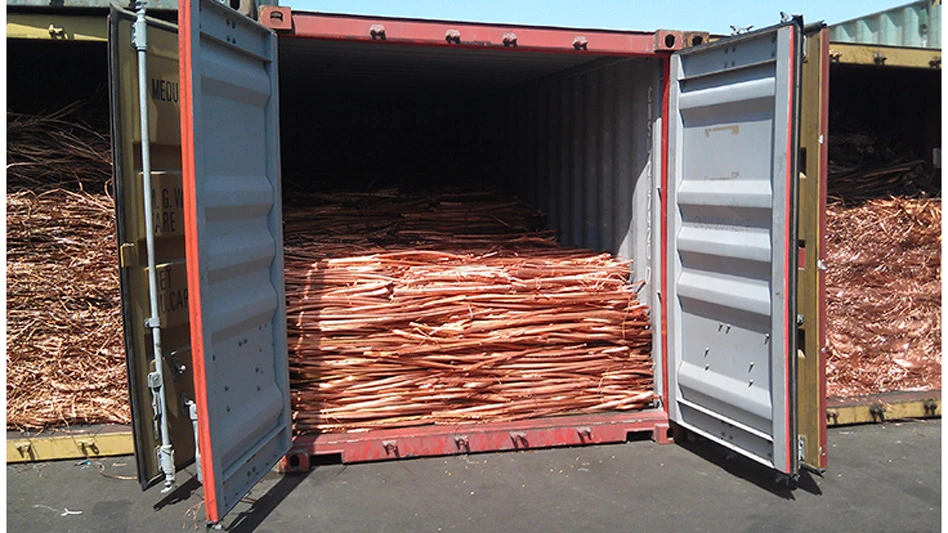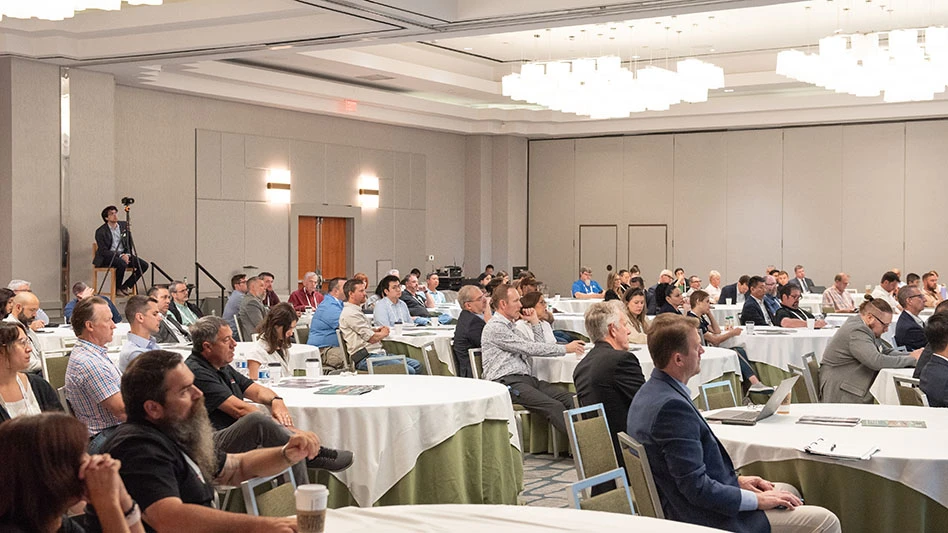
As the recycling industry continues to adapt to changing material streams and staffing issues, (MRFs) are transitioning to new technologies to help them improve quality and employee safety.
Recycling Today spoke with California-based Recology and Recycling & Disposal Solutions (RDS) of Virginia to learn how artificial intelligence (AI) and robotics have affected their MRFs’ productivity and quality, the impact of this technology on their employees and the future of advanced technology in their MRFs.
Choosing the right technology
When it comes to installing AI and robots in MRFs, these solutions are not one-size-fits-all. Each MRF needs to choose the best technology for its needs.
MRF operators have many suppliers to choose from when shopping for robotics and AI, including Denver-based Plexus, which supplies technology from Finland-based ZenRobotics; Germany-based Tomra Sorting Recycling; Machinex and Waste Robotics, both based in Canada; Amp Robotics in Denver; Bulk Handling Systems (BHS), which is based in Eugene, Oregon; and Van Dyk Recycling Solutions in Norwalk, Connecticut.
In September 2019, Recology added AI and robotics to its Recycle Central at Pier 96 MRF in San Francisco. It chose Max-AI technology from BHS.
Joe Benedetto, president of RDS, says research was key in selecting Amp Robotics’ technology for his MRF, especially considering the major financial investment involved.

“I believed in the technology, and I have been around recycling facilities for years, so I’ve always recognized the need to continue to invest in the facility to continue to improve the process,” Benedetto says.
When it comes to the reasoning behind choosing the right technology, Benedetto says he spoke with Amp Robotics Founder Matanya Horowitz to learn more about the company’s technology. “It was probably a year and a half ago when we started talking about putting the robots in our facility in Roanoke,” he says. “We weren’t actually able to get the robots installed until August of 2019.”
Recology’s Public Relations Manager Robert Reed says the company chose Max-AI Autonomous Quality Control (AQC) technology from BHS because it “provides an important opportunity to sort specific types of plastic, namely HDPE (high- density polyethylene), PET (polyethylene terephthalate) and mixed plastics. These materials are ubiquitous in the marketplace and enter our facility at extremely high volumes.”
Reed says the company views AI as a complement to a dedicated workforce and existing sorting technology. By installing the robots, Recology can improve recovery rates and reduce contamination.
The company started off by installing four Max-AI AQC robots at Recycle Central. After seeing the success, Recology plans to install robotic sorters at a construction and demolition recycling facility, also in San Francisco.
RDS initially planned to start with two robots to supplement employees, but it ended up purchasing four, Benedetto says. Two were installed along the container line, and the other two were placed on the quality control line.
“We are currently looking at the possibility of adding an additional robot or two to pick through the residue and remove any type of recyclable products we may have missed that are going out in our trash stream,” he adds.
_(1)_fmt.png)
The impacts to date
Whether it’s sorting more material or maintaining more stable staffing, Recology and RDS say they are seeing many benefits from installing AI and robotics.
Benedetto says he kept all of his full-time employees on the payroll following the addition of this technology. However, RDS eliminated temporary positions once the robots were installed. “The robots really helped us supplement our workforce. It allowed us to keep a core group of people that had been with us for years,” he says.
Benedetto adds that the costs to run advertisements to find temporary employees were adding up, often with little return. The technology also helped to control workers’ compensation costs.
Reed says Recology has noticed three major impacts since the installation last year, including a major reduction in contamination in PET, HDPE and mixed plastics bales, as well as improved recoverability of specific plastic containers, including plastic clamshells.
Consistency also has been a major benefit from these machines. As Benedetto says, unlike people, robots don’t need lunch breaks and can maintain a steady pace throughout an entire shift.
“Robots aren’t prone to any type of injuries, so we are able to make sure that the employees we have are working in safer positions because they aren’t on the sort line where they have potential to get some type of injury,” Benedetto adds.
“When paired with innovative policies, product design and creative solutions from manufacturers, we believe AI has the potential to grow our existing capabilities for recovery.” – Robert Reed of Recology
Reed says Recology appreciates the transparency into its operations that the technology has provided. “The technology allows us to monitor inbound and outbound material in real time, understand trends in material composition and identify gaps in performance to adjust the machinery and optimize recovery,” he says.
Reed adds, “AI presents an exciting opportunity to train Recology employee-owners on more technical positions, developing new skills and expertise needed to manage and maintain AI equipment.”
Benedetto also grew RDS’ maintenance crew with the addition of robotics.
When it comes to transitioning to the use of the robots, Benedetto says it was fairly simple as they started sorting immediately. He says the company initially put a few employees at the end of the lines to see if the robots missed anything, but they didn’t miss much.
AI advancements
While RDS and Recology are only about a year into their endeavors with AI and robotics, both Reed and Benedetto say the upsides have been very apparent and the technology is increasingly making its mark in the recycling industry.
“It frees a lot of people from doing a job that they just don’t want to do,” Benedetto says. “It’s challenging to find these employees, so from a health and safety benefit there’s a big advantage.”
Reed says, “Automation is the logical next step toward technological advancement in recycling. When paired with innovative policies, product design and creative solutions from manufacturers, we believe AI has the potential to grow our existing capabilities for recovery.”
He adds that Recology is looking forward to seeing how the technology continues to grow and expand to offer more innovative solutions to MRF operators.
Benedetto says he also is excited about the future of this technology, even with just one year of experience under his belt, and he encourages anyone hesitating to adopt the technology to jump on board.
“You can continue to live in the past, or you can change and have a much more efficient, safe, productive operation than you would have if you hadn’t made the change.”

Explore the October 2020 Issue
Check out more from this issue and find your next story to read.
Latest from Recycling Today
- APR, RecyClass release partnership progress report
- Clearpoint Recycling, Enviroo sign PET supply contract
- Invista expanding ISCC Plus certification program
- Redwood partnership targets recycling of medium-format batteries
- Enfinite forms Hazardous & Specialty Waste Management Council
- Combined DRS, EPR legislation introduced in Rhode Island
- Eureka Recycling starts up newly upgraded MRF
- Reconomy Close the Gap campaign highlights need for circularity





